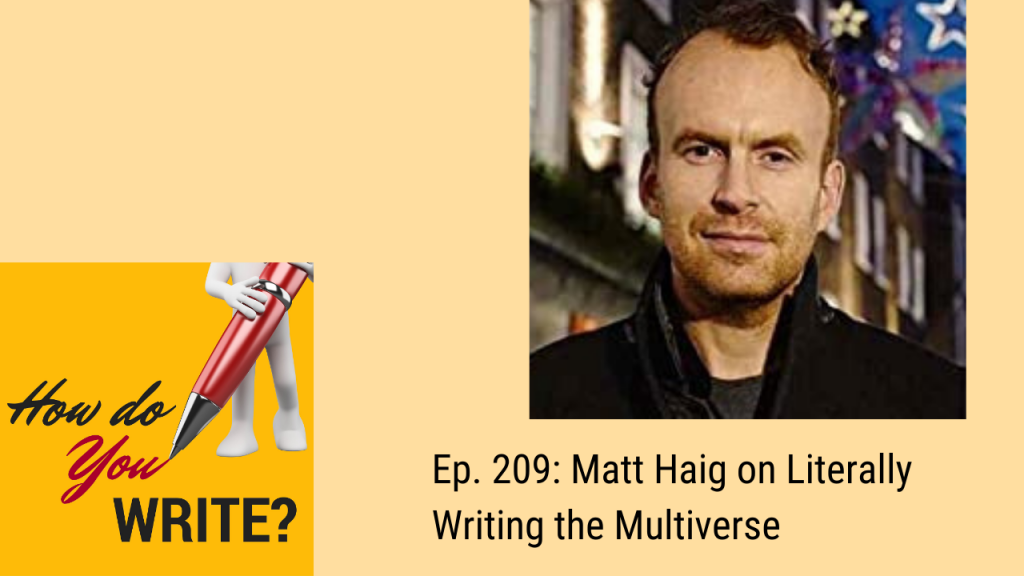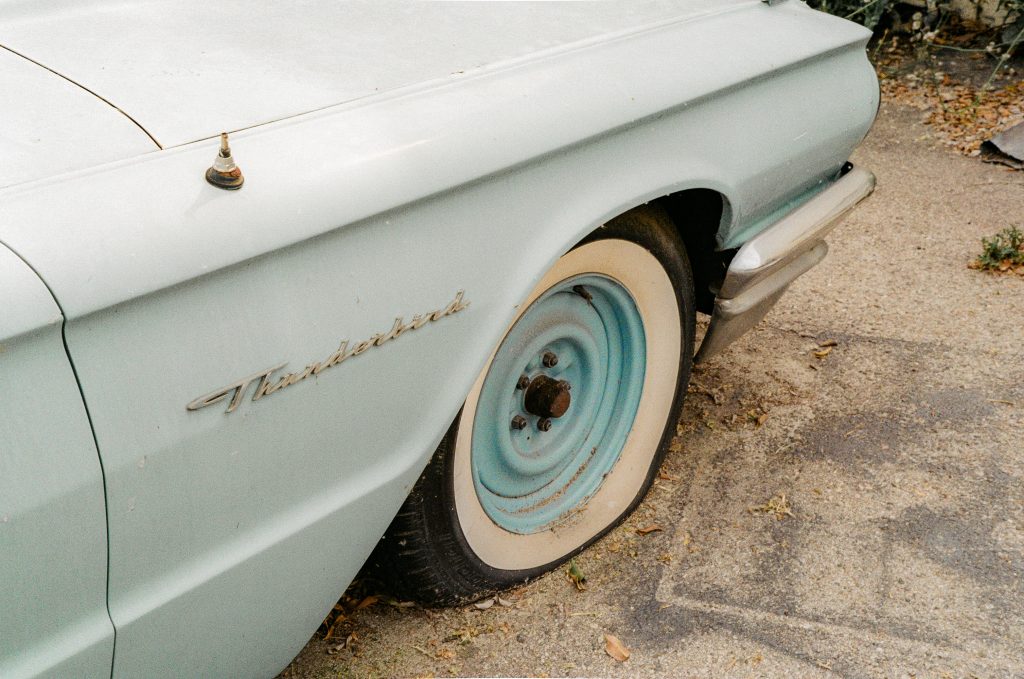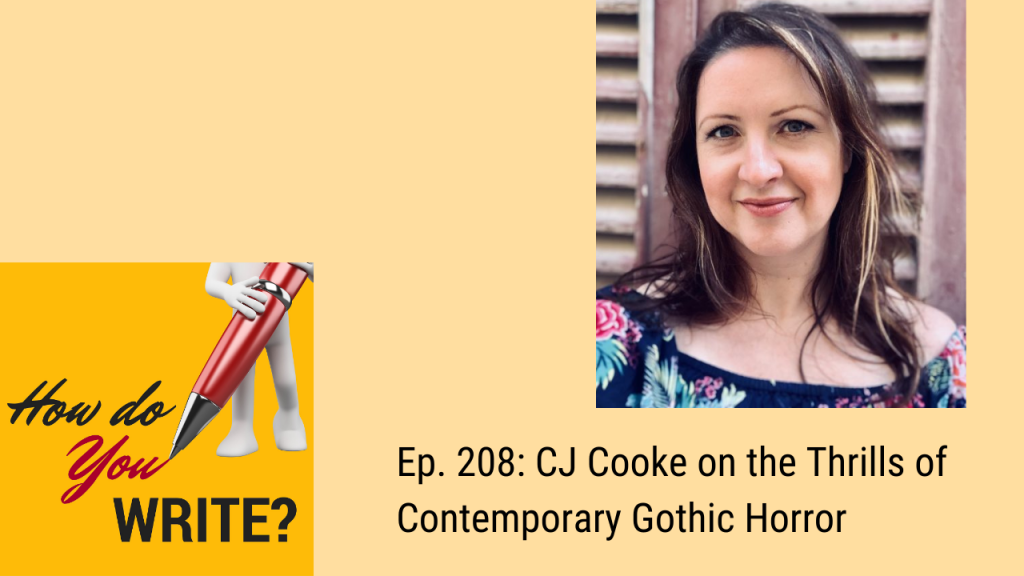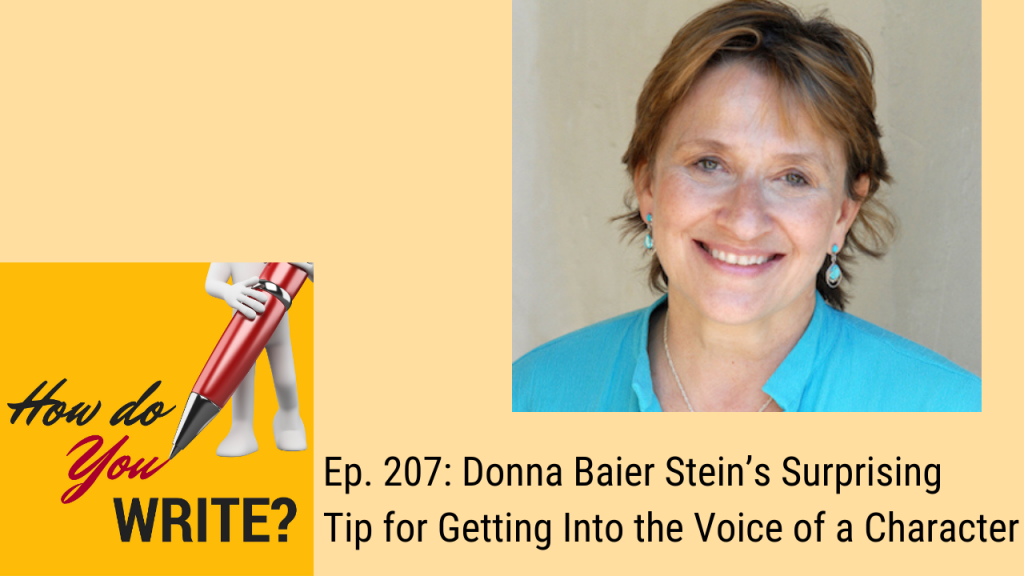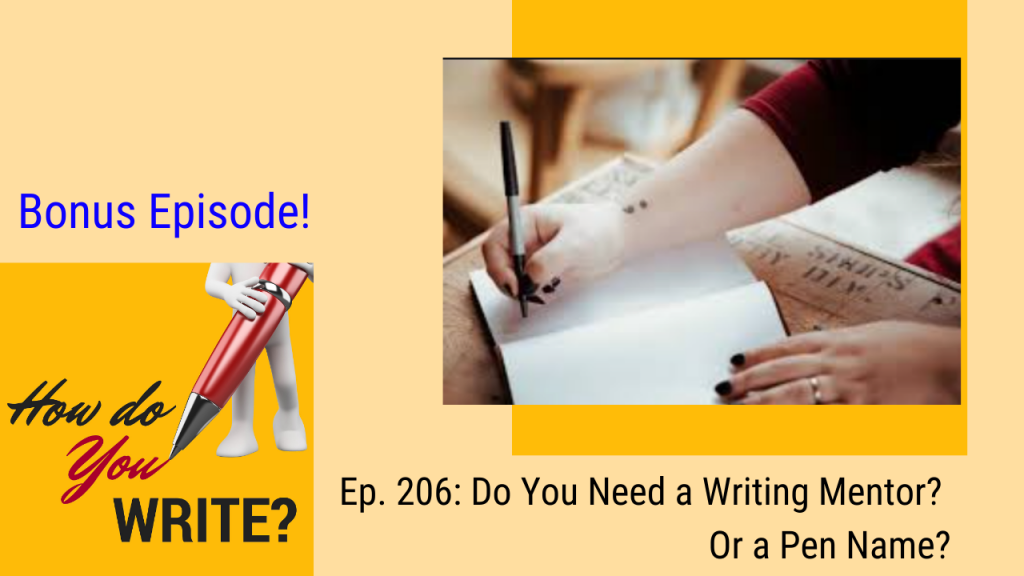Pam Rosenthal has written award-winning sexy historical romance and award-winning brainy BDSM erotica, as well as occasional essays and reviews for Salon.com, the SF Chronicle, Dearauthor.com, and Socialist Review. She stands behind the quality of her product, but confesses that her writing process has been more than a little bit fraught. Currently, she’s looking toward making peace with that process, while she continues to work with her husband and longtime creative partner at their copyediting business — not to speak of working her ass off to elect Joe Biden, Kamala Harris, and a Democratic Senate.
How Do You Write Podcast: Explore the processes of working writers with bestselling author Rachael Herron. Want tips on how to write the book you long to finish? Here you’ll gain insight from other writers on how to get in the chair, tricks to stay in it, and inspiration to get your own words flowing.
Join Rachael’s Slack channel, Onward Writers!
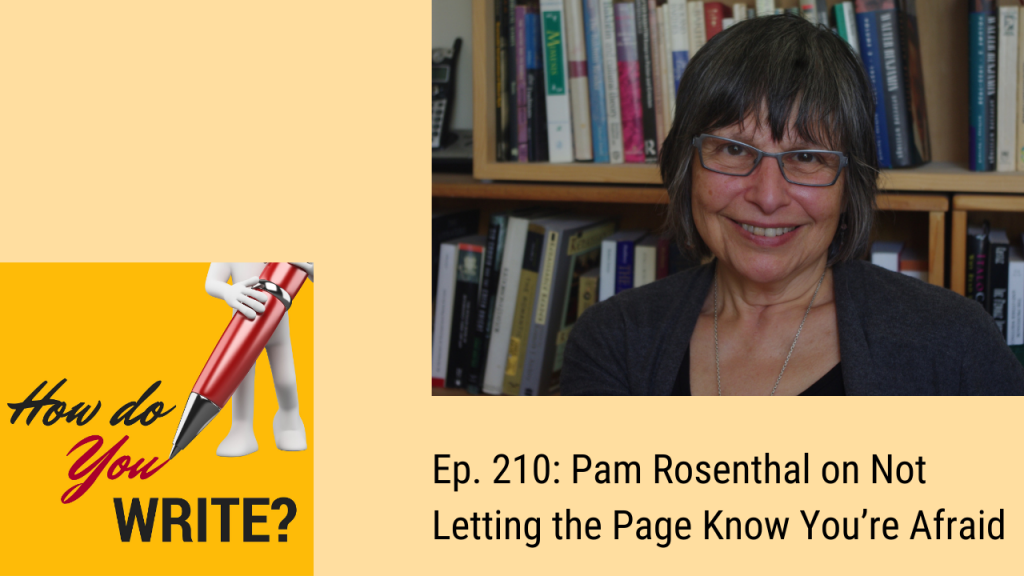
Transcript
Rachael Herron: [00:00:00] Welcome to “How do you Write?” I’m your host, Rachael Herron. On this podcast, I talk to authors about how they write, what their process is and how their lives fit together. I’ll keep each episode short so you can get back to writing.
[00:00:16] Well, Hello writers! Welcome to episode # 210 of “How do you Write?” I’m Rachael Herron. Thrilled you’re here with me today. Today, I’m talking to the fabulous Pam Rosenthal who has a lot of great stuff to say, including on why you shouldn’t let the page know that you’re scared of it. But let me tell you a little bit about my history with Pam. I, it was probably one of my very first national RWA’s: Romance Writers of America conferences, we were in Orlando, I believe it was bloody hot. And she won the Rita. I believe for historical novel. She won the Rita. That is like winning an Oscar and say what you will about the implosion of RWA that has occurred in this last year. I am no longer a member. I’m no longer on the board. I’m all the way out, but RWA was so pivotal and so important for a lot of people in learning the business and craft of writing. And that was, we’re not even gonna get into the RWA stuff. I’ve talked about it before, but I’m at this conference, and this woman walks into our suite holding her Rita and I got to hold it. And she was so modest and self-effacing, and really, I could tell she was surprised that she had won it. [00:01:42] So, I read her book and it was astonishing. She’s such an incredible writer. If you’re looking for incredibly smart, incredibly sexy, erotic books that have true depth and meaning, and are also joyous and fun. I’m saying, go pick up a Pam Rosenthal. So I was elated to get the chance to interview her for this. So you’re going to enjoy that, now that I’ve built her up as she deserves. What’s going on around here? Well, I am happily NaNo-ing along, I am, I think about 30,000, 32,000 into this new book. And I just kind of want to talk for a moment about what a crappy first draft looks like, because I hear from students a lot that they think they are writing the crappiest first draft that has ever existed. I’m sorry, you can’t, because that is what I do really, truly what my words look like on the page are a gobbledygook mess. The one thing I do not allow myself to do is ever go back and edit or revise anything. The one exception to that is if I need help getting into writing for the day, I’ll go back and look at the previous day’s writing and kind of smooth that a little bit, you know, correct all the misspellings, put things into Italics that I had put into caps because I’m using a program that won’t allow Italics. You know, I’m generally writing on the alpha smart nowadays. So there are no Italics on that, doing that kind of thing, but otherwise, I have a whole books worth of snippets, fragments, sometimes I have a whole scene. Sometimes I have a whole really good scene, but more often I have these fragments of scenes that I don’t know what I’m going to do with. I don’t know if they’re going to fit. I allow myself to stop writing a fragment of a scene at any point. As long as I don’t go back and edit, I can do anything. [00:03:42] I generally don’t write out of order. And this is just me, when it comes to jumping ahead. But I do write out of order when it comes to jumping back, because as I’m writing forward, I often have a really good idea for something that should have happened before. And I will sketch that out. It’s not, it still counts to me as moving forward because it’s brand new words. And I don’t go back and look where in the book it should go. I just usually write in all caps, fit in somewhere. And then I write the little snippet of the scene that I see that could help me later. And then I write in all caps going back to, and then I go back to where I was. Nothing has to be pretty, nothing has to be smooth. And in fact, you’ve heard me say this a million times and I’m going to argue for it again. I think that nothing should be beautiful or smooth. The more beautiful you make your writing in a first draft, the more impossible it will B to C, that that particular scene or scenes do not fit in the book you actually end up writing. We always think we’re writing one book. It’s never true. We are writing a different book and we will not know that until after two, three, four, five revisions, then we’ll know what the book really wants to be. And if we’ve made the language beautiful, if we’ve made those scenes really strong on their own as a scene, it’s much more painful to lift them out later. [00:05:07] And indeed, sometimes it’s impossible to see that you should. It’s much easier for me if I have a bunch of crappy scenes, when I’m in revision to apply my brain to the problem at hand and see, oh yeah, that really doesn’t. That seems not doing anything for me. It’s a bunch of crap. It is very easy to put into the trash pile. So that is why I do this. That is why, why I think this is best practice for most writers, not all writers, but for most writers I’ve ever, ever dealt with this is best practice for them. Don’t make any of them pretty, until you know, it has earned its place in your book and you cannot know what kind of scene, even what kind of character, even what kind of plot belongs in your book until that big first draft is done and until your elbows deep in the second draft and making it make sense for the first time. Your first draft should not make that much sense in a lot of ways. And it is still how we do it and can still be so fun. And I just feel like this book has been kind of gift like to me in the everyday when I sit down, I’m having fun. It’s just still a good time. I have no idea what’s going on. I am headed toward the midpoint. I know what’s going to happen there. I have no idea what’s going to happen to the rest of the book. I haven’t figured it out. I have love interests. Don’t know what to do with her. Not a clue, but she’s sexy. And I’m liking that I’m writing. This is really my first time writing a gay love interest in a mainstream book. So that’s been super fun. It’s not a romance, but it has a romance in it because life has romance in it. So I dunno, I’m having a great time. [Read more…] about Ep. 210: Pam Rosenthal on Not Letting the Page Know You’re Afraid